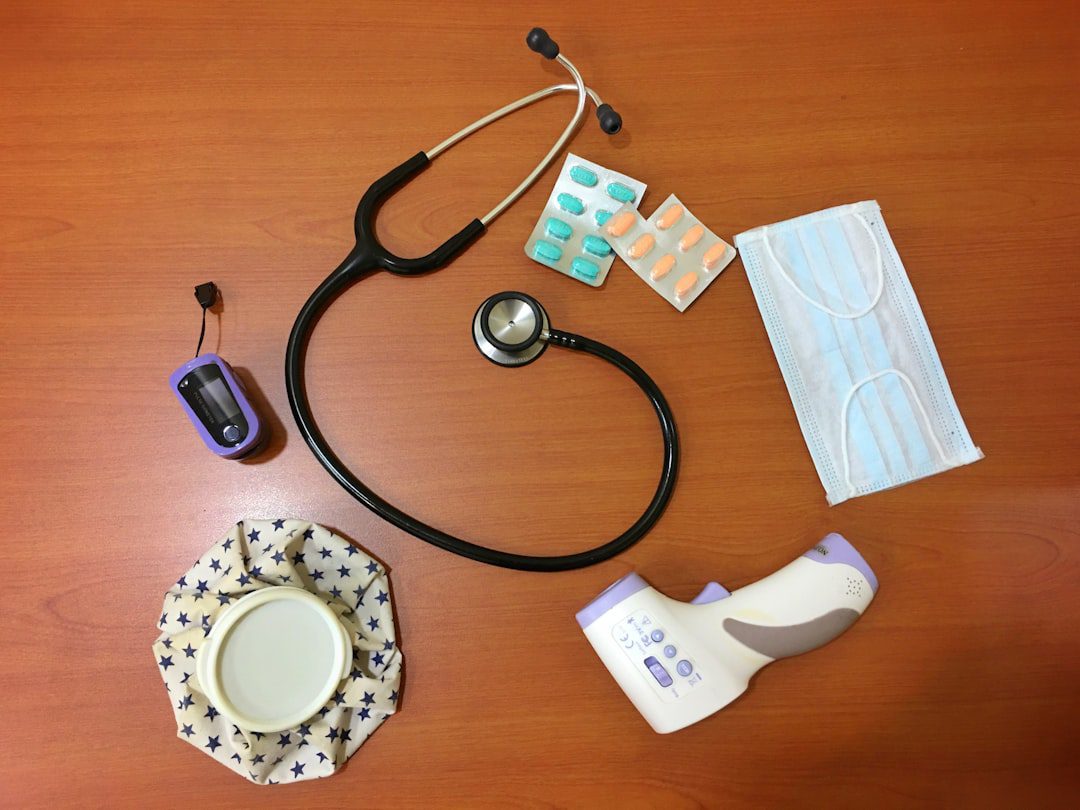
What Happened: Boston Scientific Defibrillation Lead Alert Update
The FDA has issued an updated alert regarding a defibrillation lead issue from Boston Scientific, marking a significant development in the agency’s Communications Pilot to Enhance the Medical Device Recall Program. This alert update represents the FDA’s ongoing effort to improve how recall information is communicated to healthcare providers, patients, and manufacturers.
While specific technical details of the lead issue are being communicated through official FDA channels, this update demonstrates the agency’s commitment to providing timely, clear, and actionable information during medical device recalls.
Why This Matters for Medical Device Manufacturers
Enhanced Recall Communication Standards
The Communications Pilot program represents a fundamental shift in how the FDA approaches recall communications. Medical device manufacturers should understand that:
- Increased transparency expectations: The FDA is moving toward more detailed, frequent, and accessible recall communications
- Standardized information formats: Recall notices will follow more consistent templates and include specific data points
- Multi-channel communication: Information will be disseminated across various FDA platforms and databases simultaneously
Defibrillation Device Risk Considerations
Defibrillation leads are Class III medical devices subject to the most stringent FDA oversight due to their life-sustaining nature. Issues with these devices can result in:
- Immediate patient safety risks requiring urgent clinical intervention
- Complex recall logistics involving multiple healthcare facilities
- Significant financial and reputational consequences for manufacturers
- Enhanced post-market surveillance requirements
Regulatory Context and Compliance Impact
21 CFR 806 Recall Regulations
Under FDA recall regulations, manufacturers must:
- Conduct effectiveness checks to verify recall communications reach their intended audiences
- Provide regular status reports to the FDA throughout the recall process
- Maintain detailed records of all recall-related activities
- Implement corrective and preventive actions (CAPA) to address root causes
ISO 13485 Quality Management Implications
This type of alert reinforces the importance of robust post-market surveillance systems required under ISO 13485:2016, including:
- Continuous monitoring of device performance in clinical use
- Systematic collection and analysis of customer feedback
- Regular review of complaint trends and field performance data
Action Items for Medical Device Manufacturers
Immediate Actions
- Review recall communication procedures: Ensure your company’s recall protocols align with the FDA’s enhanced communication expectations
- Assess similar products: If you manufacture cardiac rhythm management devices, conduct a risk assessment of comparable products in your portfolio
- Update stakeholder contact lists: Verify that your recall notification systems can reach all relevant parties quickly and effectively
Long-term Strategic Considerations
- Enhance post-market surveillance: Implement more robust monitoring systems for high-risk devices
- Strengthen supplier oversight: Review quality agreements and monitoring procedures for critical component suppliers
- Improve risk management processes: Update your ISO 14971 risk management files to reflect lessons learned from industry recalls
- Train recall teams: Ensure your recall teams understand the new FDA communication standards and expectations
Key Takeaways
The Boston Scientific defibrillation lead alert update serves as a reminder that the FDA is continuously evolving its approach to medical device safety communication. Medical device manufacturers must stay ahead of these changes by maintaining robust quality systems, effective post-market surveillance, and rapid response capabilities.
The Communications Pilot program signals that recall communications will become more detailed, frequent, and transparent. Manufacturers should prepare for this new reality by strengthening their internal processes and ensuring they can respond quickly and effectively to safety issues.


No comments yet. Be the first to comment!